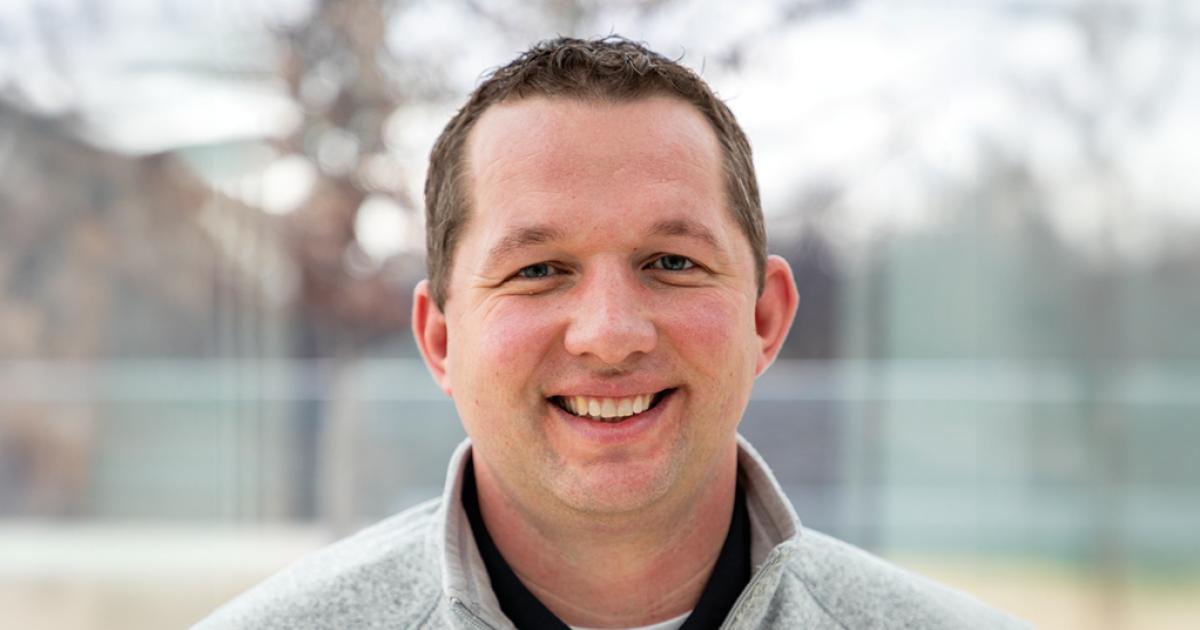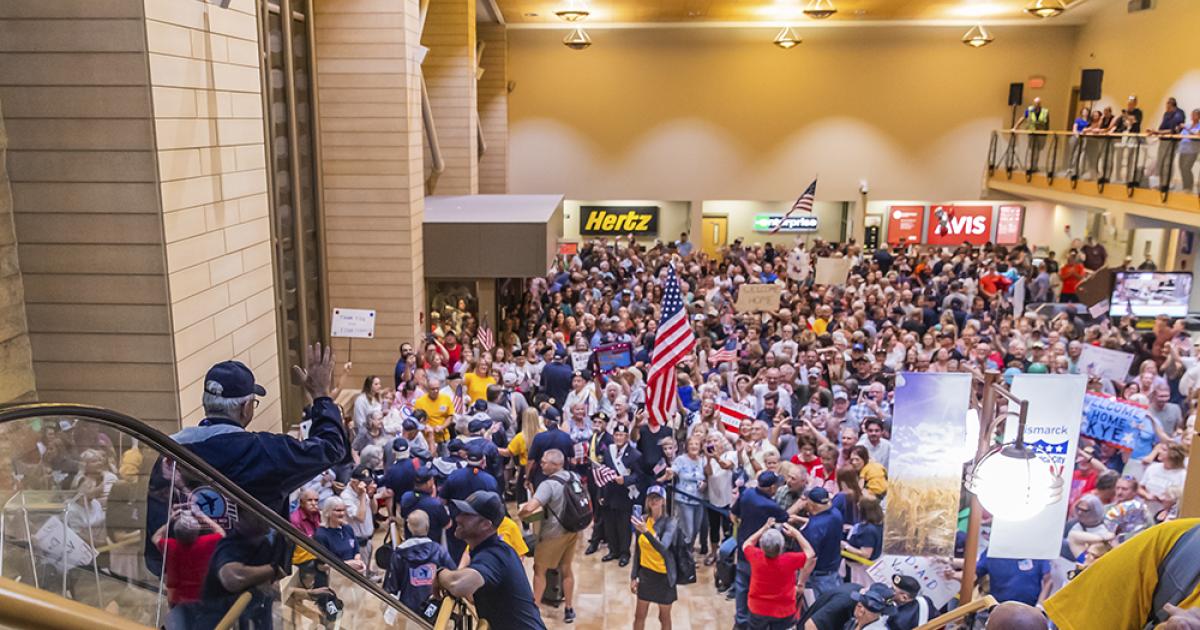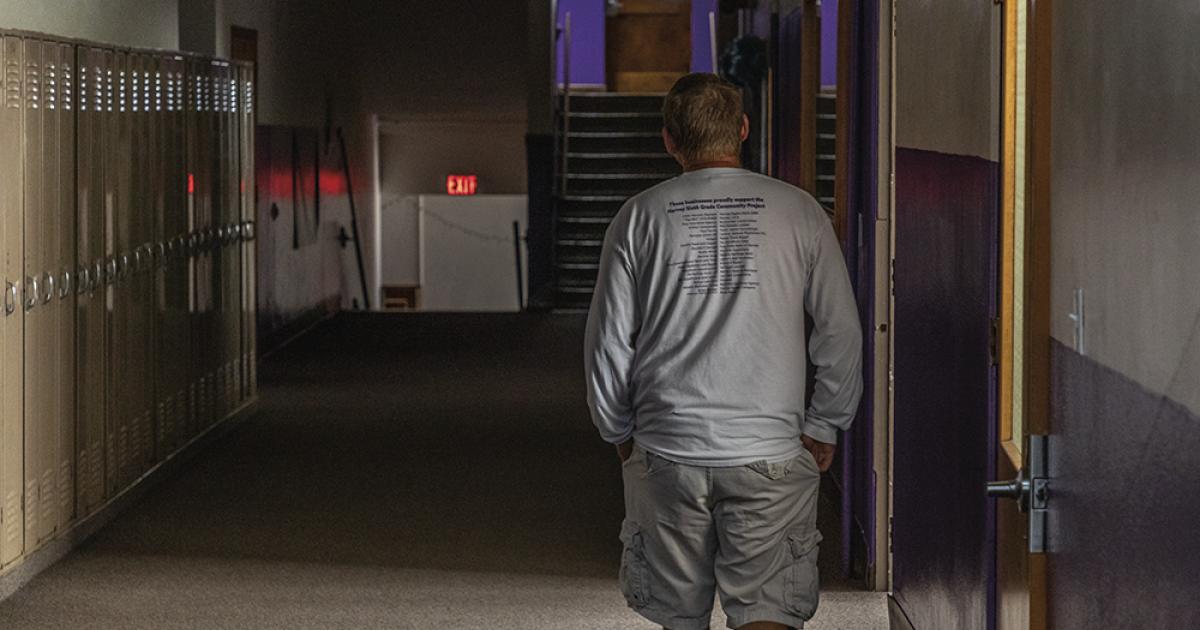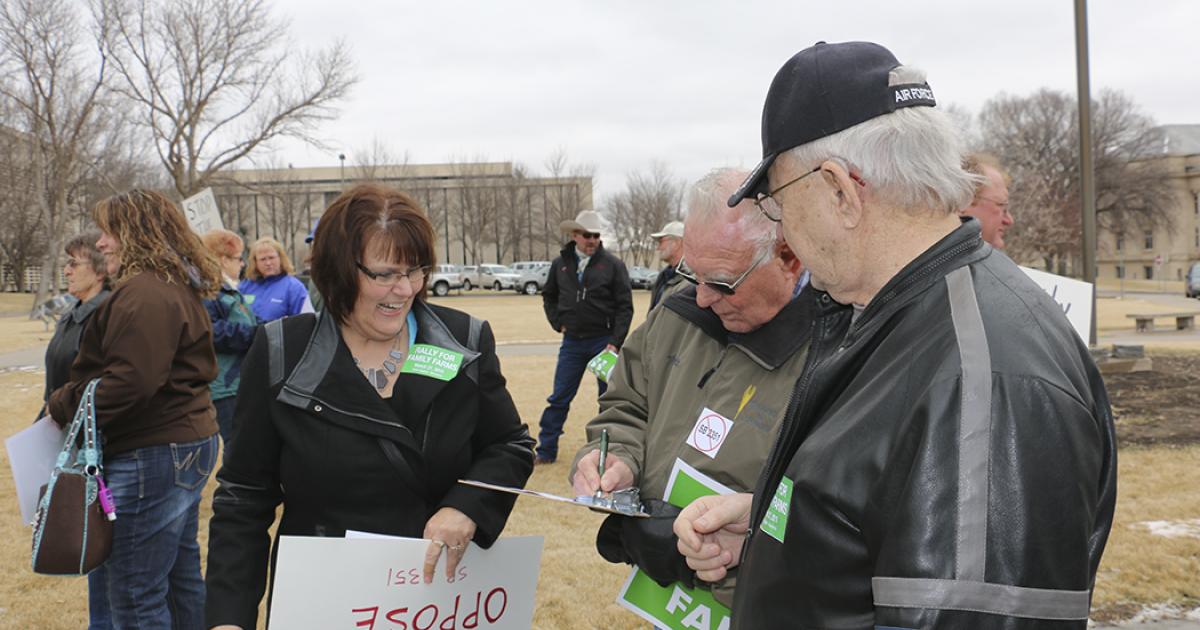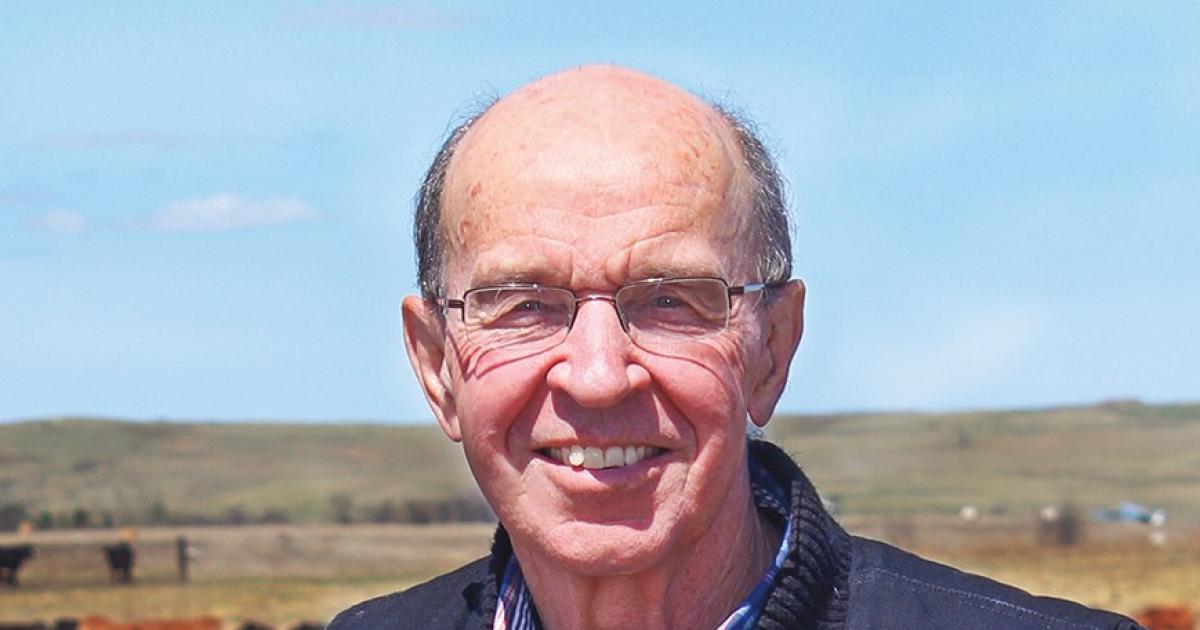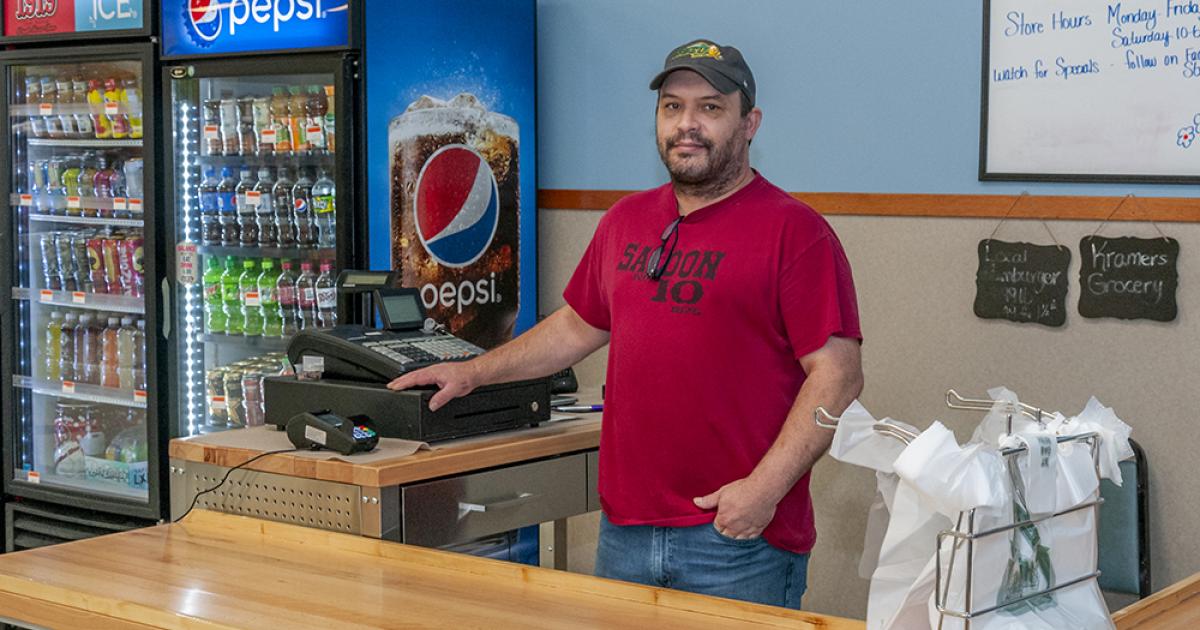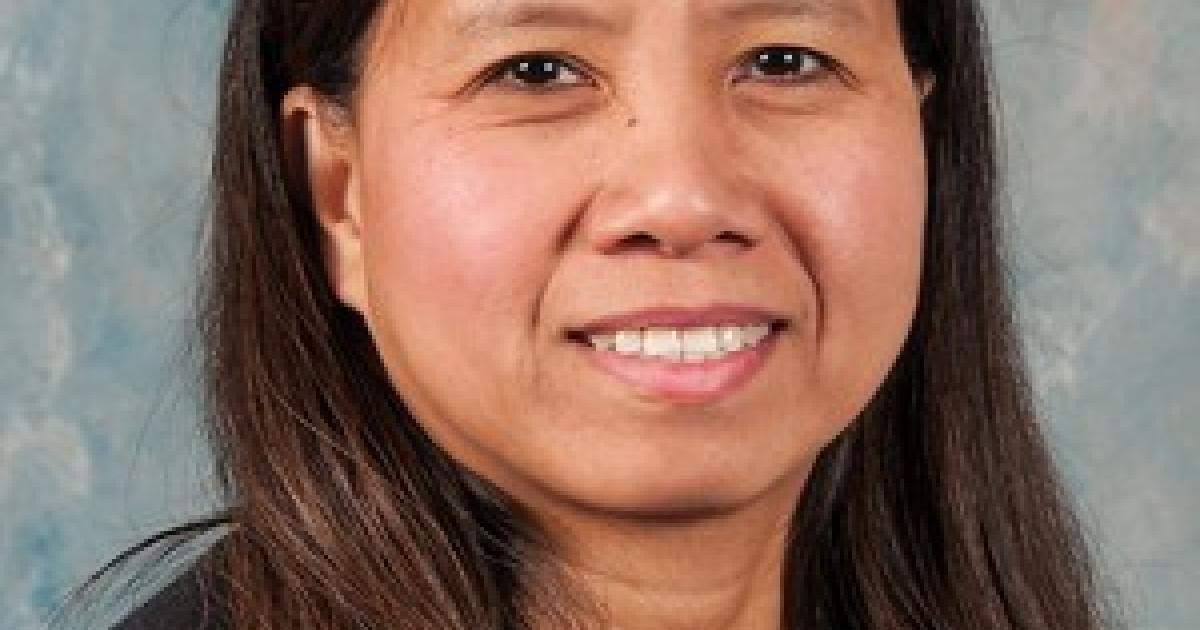North Dakota Living presents the following information to aid voters in their consideration of statewide candidates and ballot measures in the upcoming election.
Included in this presentation are identifications, photos and responses to a question from Democratic-NPL and Republican party candidates in races for U.S. Senate, U.S. House of Representatives, and two races for seats on the Public Service Commission.
Also presented are identifications and photos of candidates in other statewide races, including races for agriculture commissioner, attorney general, secretary of state, tax commissioner and one position as Supreme Court justice.
As part of each candidate identification, formal political party affiliation is provided. Where political party affiliation is not relevant to a candidate’s identification, the race is identified as nonpartisan, or the candidacy is identified as an independent nomination.
For all candidate identifications, candidates in each race are displayed in alphabetical order. Each candidate identification also includes a website or Facebook or email address/resource the candidate is using, if the candidate is using at least one of these.
Finally, following the candidates’ section, a presentation of the four ballot measures to be decided Nov. 6 is provided.
For complete voter information about the upcoming statewide election on Nov. 6, go to www.Vote.ND.Gov(link is external). The secretary of state’s website has information specific to the address of each voter as to their exact ballot, voting options, polling hours, identification requirements and more. Absentee and mail balloting began Sept. 27.
|
|
|
U.S. SENATE (six-year term)
QUESTION: What more can the U.S. Senate and the Congress do to assure the marketability and commercial use of North Dakota’s coal, oil and natural gas resources?
CRAMER: The U.S. has a free market economy, so Congress needs to protect this system from policies that mandate, limit or prevent the purchase or transport of coal, oil and natural gas.
For all these resources, Congress should do more to prevent future administrations from establishing excessive rules such as the Clean Power Plan. The REINS Act (H.R. 26), which I have continuously supported, requires Congressional approval of all major rules defined by $100 million or greater economic impact. Preventing significant economic impacts from unelected bureaucrats is an absolute necessity.
Pipeline construction has been difficult to complete even with all the right things being done. In North Dakota, we need to find ways to expedite permitting for natural gas gathering lines. Being efficient will reduce flaring and get more natural gas to market. We also need to do more to get export facilities approved and built for all fossil fuels.
Finally, our energy industry professionals are world leaders in environmental performance and technology and we have come to expect ongoing improvements. Congress should continue to fund cooperative research and development efforts under the Department of Energy (DOE). I have worked each fiscal year to ensure robust DOE funding targeting carbon capture, utilization and storage, along with efforts to recover more oil and gas from shale with greater efficiency.
Continuing these and other efforts will help ensure the marketability of coal, oil and natural gas in the face of more stringent environmental regulations and assist in their availability for economic and security advancement.
HEITKAMP: For oil and natural gas, the answer is clear: We must ensure these commodities have access to robust markets across the world. That’s why I helped introduce a bill that would expedite the liquefied natural gas export permitting process. And why I worked across the aisle to end the 40-year-old ban on oil exports. For over a year, I built a coalition in the Senate bringing Republicans and Democrats together to agree that the oil export ban had exceeded its shelf life. The ban was lifted and now North Dakota’s crude oil is shipped across the world, opening the door to new buyers.
For coal, the federal government must continue to invest in advanced coal technologies. North Dakota is home to the largest lignite deposit in the world – enough to last for 800 years at current mining rates. We must ensure this resource does not go to waste. That means reducing coal’s carbon footprint while protecting coal jobs of the future. So, as I did with the oil export ban, I reached across the aisle and built a coalition that included coal companies and environmental organizations to pass the FUTURE Act. This bill expanded the 45Q tax credit, which helped stabilize the state’s coal industry and will provide an incentive for coal technology innovation moving forward.
 |
.jpg) |
|
KELLY ARMSTRONG Republican |
MAC SCHNEIDER Democratic-NPL |
CHARLES TUTTLE, Independent nomination
U.S. HOUSE OF REPRESENTATIVES
(two-year term)
QUESTION: With current administration calls for significant infrastructure investment nationwide, including rural America, what federal investment in infrastructure would be beneficial in North Dakota?
ARMSTRONG: As a producing state, North Dakota must have a modern, robust and secure infrastructure system. An aging infrastructure is not only an impediment to our key economies in North Dakota, but it also leaves us vulnerable to cyber attacks, which threatens our national security. One of the best ways to encourage infrastructure buildout is to streamline the permitting and review process so shovel-ready projects, including transmission lines and pipelines, can be built faster and more efficiently. Too often, these projects are unnecessarily held up by bureaucratic red tape and radical environmentalists, and the more these projects are delayed, the more they go up in costs. Our farmers, ranchers, energy producers and taxpayers simply cannot afford long and drawn-out processes.
This has also been the situation in Fargo. We are waiting far too long for the permits and financial support needed to build permanent flood protection. As we wait, costs only continue to rise. We need the federal government to be a willing and able partner both financially and in moving these projects forward. Our tax base can’t afford to pay for these projects on our own, so we must ensure federal funds are set aside to help protect our communities, including Fargo and Minot, against natural disasters.
As a state senator, I worked hard with both Republicans and Democrats to pass the Surge Funding Bill, which brought much needed infrastructure to our state. I intend to do the same for North Dakota as your representative in the U.S. House.
SCHNEIDER: At the top of the list has to be flood protection, both for Fargo and for Minot. I was in the state Legislature in 2013 when we provided that key early funding for the Fargo flood protection project. Working to see that large-scale project through at the federal level is something that I think will be of critical importance for the years to come.
Also, you can't talk Fargo flood protection without talking about Minot flood protection. So, getting the next phase of the Minot flood protection project authorized, and eligible for federal funds – that’s going to be very important, too.
Beyond that, we need to make sure our farm-to-market roads, and our roads and bridges, are adequately funded, making sure that this backbone of commerce in our state is there. That’s a critical part of being a member of North Dakota's Congressional delegation: making sure that infrastructure projects like that are properly funded.
 |
 |
|
JEAN BRANDT Democratic-NPL |
RANDY CHRISTMANN Republican, current Public Service Commissioner |
PUBLIC SERVICE COMMISSIONER (six-year term)
QUESTION: What should be PSC priorities regarding siting and operation of renewable energy-generation facilities, such as wind farms?
BRANDT: The directives and the purpose of the N.D. PSC regarding energy conversion and transmission facilities, as statutorily charged in NDCC Chapter 49-22, are very clear. The PSC is to ensure that the location, construction and operation of said facilities will produce minimal adverse effects on the environment and upon the welfare of state citizens. The facilities must also ensure that energy needs are met and fulfilled in an orderly and timely fashion. Just and fair rates are a part of the “welfare of the citizens.”
I am very supportive of renewable energy as part of our electric power generation mix, but everyone must realize that at this time these renewables come at a higher cost and they are not reliable 24/7.
We need reliable and affordable baseload generation to support the renewable energy, which we have with our North Dakota coal-fired power generation. Until commercial, high-capacity storage is available, within economies of scale, we must be very careful in renewable sitings or we will jeopardize the resiliency of the grid, causing massive power failures, systemwide.
I support continued clean coal generation, to back our renewables and to affordably and reliably fulfill the electric power needs of all N.D. citizens.
North Dakota needs an independent voice who understands and makes these and other decisions based on her background, education, working knowledge and grassroots common sense. I will make all decisions putting the welfare of our citizens and protection of our lands first and foremost.
CHRISTMANN: As long as wind energy is subsidized as heavily as it is by the federal government, the development will continue. In response to that reality, the PSC has several responsibilities.
I continue to emphasize to policymakers, regional transmission organizations, utility companies and the public the perils of becoming too dependent on intermittent energy sources at the expense of traditional baseload sources. We must not allow our energy grid to rely so heavily on weather-dependent sources that the system becomes unreliable. That balance is continually monitored.
It is also a PSC priority to make sure that when wind development happens, it is in accordance with the laws and policies of the state of North Dakota as approved by the Legislature. This occurs through the siting process, just like other jurisdictional energy infrastructure projects.
The Commission has also begun to require light mitigation technology to minimize the impact of aircraft warning lights to our beautiful North Dakota night sky, but this will only become effective when approved by the Federal Aviation Administration.
We are also the first regulatory body in the nation to require wind farm decommissioning plans and financial assurances to make sure the decommissioning plans are followed. This was one of my first priorities when I ran for the Commission, a promise made and a promise kept. These new rules ensure that when these projects ultimately and inevitably become obsolete, the lights will be shut off and the landscape will be cleared.
 |
%20(1).png.jpg) |
|
CASEY BUCHMANN Democratic-NPL |
BRIAN KROSHUS Republican, current commissioner |
PUBLIC SERVICE COMMISSIONER (unexpired two-year term)
QUESTION: In North Dakota, electric cooperatives serve and protect consumer-member interests through self-governance. What is your view of this approach to assuring rate and services fairness to cooperative consumer members?
BUCHMANN: I am a strong supporter of electric cooperatives. Cooperatives are intended to be nonprofit entities, providing a service, rather than for-profit businesses.
As self-governed entities, cooperatives are accountable to their members and stakeholders, and make decisions based on the needs of their consumers. This makes them a more equitable solution to power supply. Through self-governance, stakeholders also are given a voice over who makes decisions, rather than being beholden to industry leaders who make decisions based on profits.
Electric cooperatives began in the 1930s and 1940s as a product of progressive ideas from the New Deal Era. They prove that government and the business can work together in the nonprofit sector for the good of all people.
Since the Rural Electrification Act of 1936 and the Electric Cooperative Corporation Act of 1937, everyday people have banded together to provide better services than the investor-owned power companies could ever dream of supplying. This allowed rural residents to access high-quality, affordable power service, and we need to continue working with both investor-owned companies and cooperatives to provide consumers with the best options to meet their needs.
This progressive idea is thriving across North Dakota, creating jobs and assuring affordable rates and service fairness to all of its cooperative members. Cooperatives ensure ALL the members reap the benefits of the cooperative – unlike the investor-owned power companies where only the investors reap the benefits of its consumers.
If elected, I will continue to advocate for cooperatives as a member of the Public Service Commission.
KROSHUS: Rural electric cooperatives have a rich history in our state, dating back to the mid-1930s when the Rural Electrification Act was introduced and passed. To this day, they play an incredibly important role in serving North Dakota.
Still, cooperatives constantly face the same challenge regardless of governing structure – providing safe, reliable service to customers at a fair price.
The energy marketplace continues to evolve and change. Adapting to change and addressing critical needs isn’t easy. It can only be effectively met when it begins with an understanding of the local market. Because of that, who better to meet customer needs than by those chosen by their peers and living, working and raising families in the same communities and cooperatives they serve.
Simply put, the cooperative principle works is because it is member-driven.
From growing up on a farm to the present as the owner of a cattle and grain operation in western North Dakota, I’m a proud cooperative member. I continue to personally rely on reliable, affordable rural electric cooperative service to meet the needs of my own agricultural operation.
North Dakota’s rural electric cooperatives should be proud of their commitment, forward-thinking approach and for serving our state so well. You have and continue to be a part of the unique fabric that makes North Dakota special.
Thank you for the privilege to serve you in my role as Public Service Commissioner. Above all, thank you to all rural electric cooperatives and consumer members for everything you do.
OTHER RACES, CANDIDATES
Here are other statewide election races and candidates appearing on the Nov. 6 general election ballot. Races and candidates competing in each race are presented in alphabetical order. Identification of party-endorsed candidates includes “D” referring to Democratic-NPL; “R” referring to Republican. Identification of non-party endorsed candidates includes “I” referring to independent nomination. No party identifier is used in the race described as “nonpartisan.” Incumbents are identified. An electronic information link from each candidate identified.
AGRICULTURE COMMISSIONER (four-year term)
JAMES DOTZENROD (D)
www.facebook.com/dotzenrodforagriculture
DOUG GOEHRING (R)
Current agriculture commissioner
ATTORNEY GENERAL (four-year term)
WAYNE STENEHJEM (R)
Current attorney general
DAVID CLARK THOMPSON (D)
davidthompsonforndag.com
JUSTICE OF THE SUPREME COURT
(10-year term; nonpartisan)
ROBERT BOLINSKE SR.
LISA FAIR MCEVERS
Current Supreme Court justice
SECRETARY OF STATE
(four-year term)
JOSH BOSCHEE (D)
joshfornd.com
MICHAEL COACHMAN (I)
AL JAEGER (I)
Current secretary of sate
TAX COMMISSIONER
(four-year term)
KYLIE OVERSEN (D)
RYAN RAUSCHENBERGER (R)
Current tax commissioner
Four measures appear on the Nov. 6 statewide ballot, each asking for approval or rejection by North Dakota voters.
INITIATED CONSTITUTIONAL MEASURE NO. 1
This initiated measure would add a new article to the North Dakota Constitution establishing a North Dakota ethics commission. The commission, using funds provided by the Legislature, would be responsible for adopting rules related to corruption, elections and lobbying and for reporting and investigating alleged violations of those rules and related state laws. The measure would provide for prohibitions for lobbyists related to gift giving and delivery of campaign contributions and prohibitions for public officials against lobbying, use of campaign contributions, and conflicts of interest in certain proceedings. The measure would direct the legislative assembly to enact laws that require electronically accessible public disclosure of the source of funds spent (in any medium and in an amount greater than $200) to influence statewide and legislative elections and statewide ballot measures or to lobby or otherwise influence state government action. In a conflict between this article and any other provision in the North Dakota Constitution, the provisions of this article would control.
YES – means you approve the measure summarized above
NO – means you reject the measure summarized above
INITIATED CONSTITUTIONAL MEASURE NO. 2
This initiated measure would amend Article II of the North Dakota Constitution to state that “only a citizen” of the United States is a qualified elector, instead of the current provision that states “every citizen” of the United States is a qualified elector. The measure also would state that only a qualified elector may vote in any general, special or primary election for a federal, statewide, state legislative, district, county, township, city, or school district office or ballot measure.
YES – means you approve the measure summarized above
NO – means you reject the measure summarized above
INITIATED STATUTORY MEASURE NO. 3
This initiated measure would amend the North Dakota Century Code by removing hashish, marijuana and tetrahydrocannabinols from the list of schedule I controlled substances in section 19-03.1-05. It would create chapter 66-01, which would define the terms marijuana and marijuana paraphernalia and prohibit prosecution of any person over the age of 21 for any non-violent marijuana-related activity (including growing, manufacturing, distributing, selling or testing marijuana) or drug paraphernalia relating to any non-violent marijuana activity, except for the sale of marijuana to a person under the age of 21. Any language in the North Dakota Century Code that conflicts with chapter 66-01, including the prohibitions on prosecution, is nullified and repealed. The measure also would add penalties for individuals under the age of 21 in possession of, or attempting to distribute, marijuana; and provide penalties for individuals who distribute marijuana to anyone under the age of 21. It would amend the definition of drug paraphernalia in section 19-03.4-01 to apply only to non-marijuana controlled substances. It would amend section 25-03.1-45 to require the automatic expungement of the record of an individual who has a drug conviction for a controlled substance that has been legalized; create an appeals process for an individual who believes the state did not expunge a record properly; and eliminate the state’s sovereign immunity for damages resulting from expungement lawsuits.
YES – means you approve the measure summarized above
NO – means you reject the measure summarized above
INITIATED STATUTORY MEASURE NO. 4
This initiated measure would add a new section to chapter 39-04 of the North Dakota Century Code requiring the Department of Transportation to issue red personalized vehicle plates to volunteer emergency responders. The plates would be provided at no cost to the volunteers and would serve as an entrance pass to all North Dakota state parks. Qualifications and verification procedures for the plates would be designated by the Department of Transportation in cooperation with the volunteer organizations.
YES – means you approve the measure summarized above
NO – means you reject the measure summarized above.





